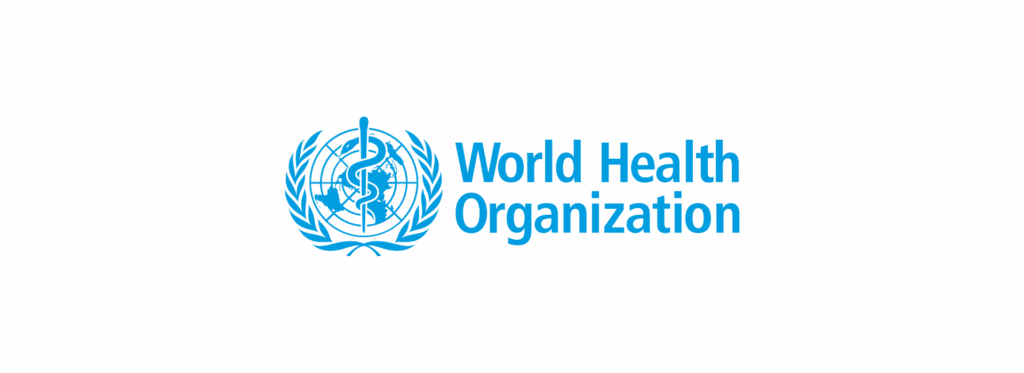
Landmark moment for kidney health as WHO adopts resolution
1 September 2025
The adoption of the Resolution on Kidney Health (see HERE) at the 78th World Health Assembly in May 2025 is historic: for the first time, all WHO Member States – including the EU – unanimously recognize kidney health as a global priority. The Resolution gives governments and the WHO a mandate to track the burden of kidney disease, develop prevention programmes, and strengthen kidney care.
This is urgently needed in Europe. 100 million Europeans – 13% of the population – live with kidney disease, but only 20% know it. Unlike other chronic diseases prioritized in health policy, kidney disease mortality continues to rise. By 2050, chronic kidney disease is projected to be the 5th leading cause of death worldwide and 3rd in Western Europe.
The consequences are devastating for people and health systems. Over 500,000 Europeans rely on dialysis or transplants. Dialysis costs an average of €80,000 per patient per year, is exhausting, and has poor long-term outcomes. Transplants deliver better results at lower cost, but access is highly unequal – waiting lists are over a decade in some countries and less than a year in others. These inequities drive desperate patients toward unsafe transplant tourism and fuel organ trafficking.
Kidney disease is also a powerful amplifier of cardiovascular disease and diabetes. One in three people with heart disease also have CKD, and early kidney damage doubles cardiovascular risk. Among people with diabetes, 20–30% develop CKD – and most die of cardiovascular causes. Europe cannot solve its biggest killers if it ignores kidneys.
As called for in the Resolution, documenting the true burden of kidney disease will allow resources to be better allocated where they are most needed. Systematic testing and access to quality care in primary health services, under universal health coverage, are essential to slowing disease progression, preventing complications, and supporting wellbeing. A simple, cost-effective tool is already available: urine albumin testing. It can detect early kidney and cardiovascular damage years before symptoms appear, yet it remains severely underused across Europe. Scaling up albuminuria screening – especially in adults over 45 and high-risk groups – would transform early detection and prevention.
At the same time, Europe must strengthen health system resilience to deliver uninterrupted care for patients on dialysis and transplants, where even short interruptions can be fatal. And investing in safe, legal, and high-quality transplantation will not only reduce costs but also give people with kidney failure longer and better lives.
Kidney disease is preventable, treatable, and tightly linked with Europe’s most pressing health challenges. By acting now – especially by making albuminuria testing routine – Europe can save lives, cut costs, and build stronger, fairer health systems.
The Resolution is a call to action – Europe must answer.
